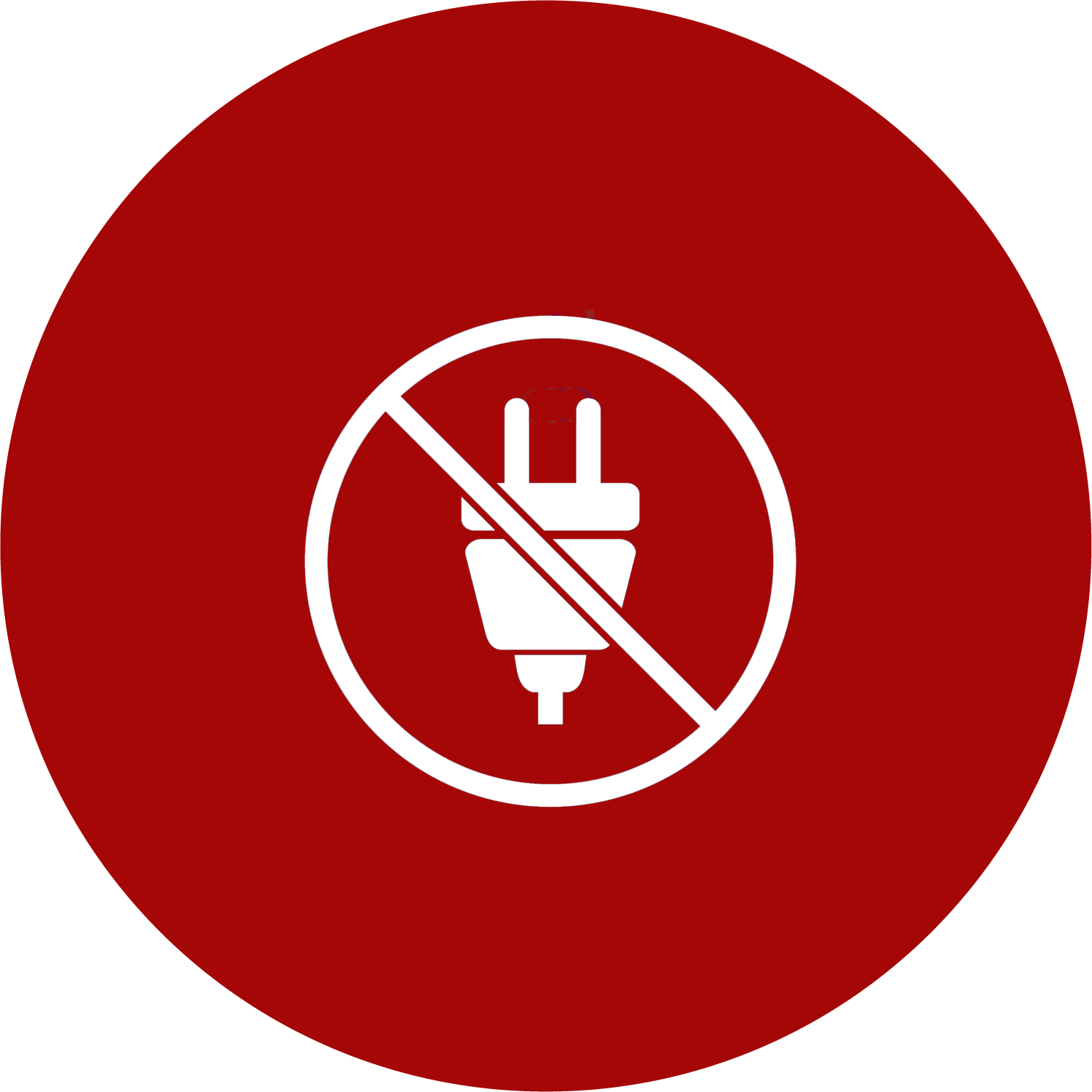Alerts, warnings & orders
Prolonged exposure to freezing temperatures can lead to hypothermia. Hypothermia is a medical emergency that causes a dangerously low body temperature and can be fatal if untreated. Symptoms of hypothermia include confusion, dizziness, exhaustion, severe shivering, clumsiness, slurred speech or mumbling drowsiness, weak pulse, slow, shallow breathing and progressive loss of consciousness. Seek medical attention if you experience these symptoms.
Cold weather safety tips include:
- Drive slowly and be on the lookout for hazardous travel with slick road conditions including possible ponding on roads and freeway off-ramps and minor flooding in low-lying or poor drainage areas.
- Unsheltered community members, older adults, children and those with access and functional needs should seek shelter now as they are at higher risks of hypothermia.
- Avoid being outside during the coldest part of the day, or for extended periods of time in extreme cold weather.
- Dress in layers, wear a hat, scarf, gloves and mittens, and waterproof, insulated boots to avoid hypothermia or frostbite.
- Get out of wet clothes as soon as possible to reduce the risk of hypothermia.
- Stay hydrated by drinking plenty of water with electrolytes.
- Avoid excessive consumption of alcohol and non-prescription medication if you will be staying outside as it may lead to death or serious injury.
- Seek medical attention immediately and call 911 if you see someone experiencing hypothermia.
Individuals who are unhoused are encouraged to move to their nearest shelter if possible. Some shelters have expanded capacity on a first-come, first-served basis, with many offering wraparound services as well. Warming centers may be opened at locations listed on Warming Centers.

